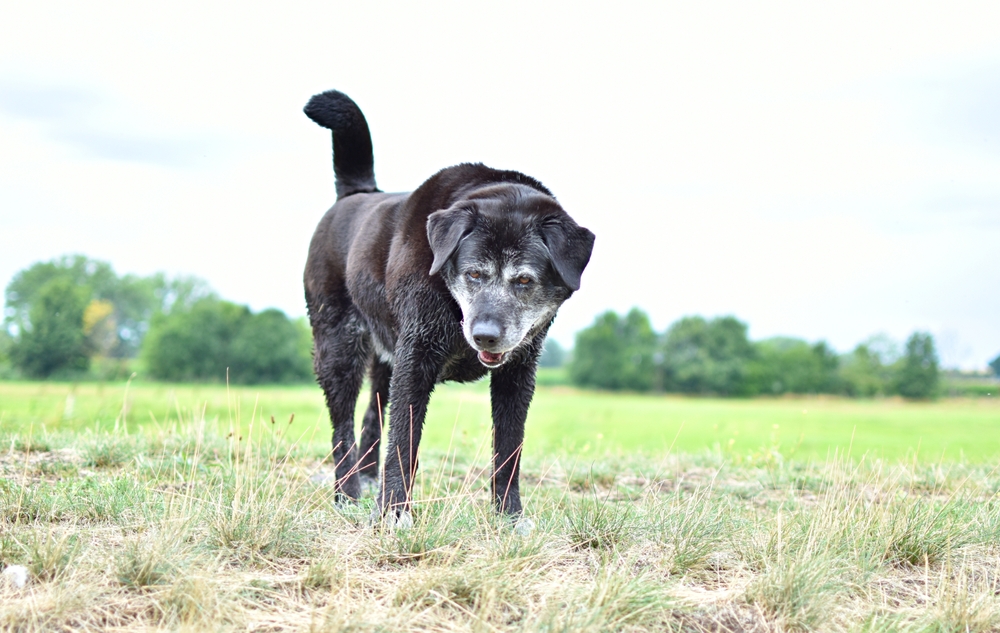

As our beloved pets get older, their needs begin to change. Senior dogs and cats deserve special attention to help them enjoy their golden years in comfort and good health. Whether your furry friend is starting to slow down or has been showing signs of aging for a while, providing the right care can make a big difference in their quality of life.
Recognizing the Signs of Aging in Pets
Pets are considered seniors at different ages depending on their species and breed, but most dogs and cats typically reach senior status between seven and ten years old. As pets age, you may notice signs such as decreased activity or mobility, graying fur, especially around the muzzle, cloudy eyes or changes in vision, fluctuations in weight, increased sleeping, stiffness or difficulty rising, and changes in appetite or drinking habits. Recognizing these changes early allows you to address potential health concerns before they become more serious.
Regular Veterinary Check-Ups
Routine veterinary visits are essential for senior pets. Older animals are more prone to chronic conditions like arthritis, diabetes, kidney disease, and dental problems. Twice-yearly check-ups allow your veterinarian to catch potential issues early, perform necessary bloodwork, and update vaccines or medications as needed.
Nutrition for Senior Pets
A balanced diet is critical for maintaining your senior pet’s health. As pets age, their metabolism and nutritional requirements change. Senior-specific pet foods are formulated to support joint health, maintain healthy weight, and support organ function. Your veterinarian can recommend the best diet based on your pet’s age, breed, and medical history.
Keeping Your Senior Pet Comfortable
Aging pets may experience joint pain, decreased mobility, or arthritis. Make their environment as comfortable as possible by providing:
• Orthopedic pet beds for extra support
• Easy access to food, water, and litter boxes
• Non-slip rugs to help with traction on slippery floors
• Ramps or stairs to help them reach favorite resting spots
Regular, gentle exercise such as short walks or light play can help keep joints flexible and maintain muscle tone.
Managing Chronic Conditions
Senior pets are at higher risk for chronic diseases. Work closely with your veterinarian to manage conditions like arthritis, heart disease, diabetes, or kidney disease. This may include medication, dietary changes, or special therapies. Monitoring your pet at home for any changes in behavior or routine can help you catch problems early.
Dental Care for Older Pets
Dental disease is common in senior pets and can impact their overall health. Brush your pet’s teeth regularly, provide dental treats or toys, and schedule professional cleanings as recommended by your veterinarian.
Providing Mental Stimulation
Cognitive decline can occur in aging pets, leading to confusion or changes in behavior. Keep your pet’s mind active with gentle play, training sessions, puzzle toys, and regular social interaction. This mental stimulation can help slow cognitive changes and provide enrichment.
When to Consider Specialized Senior Pet Care
If you notice significant changes in your pet’s appetite, weight, energy levels, or behavior, consult your veterinarian promptly. Advanced diagnostics, pain management, and supportive therapies can greatly improve your senior pet’s comfort and quality of life.
Ready to Support Your Senior Pet’s Health?
Caring for a senior dog or cat means adapting to their changing needs with compassion and proactive care. Regular veterinary visits, proper nutrition, a comfortable home, and plenty of love will help your aging pet stay healthy and happy for years to come.
Schedule a senior pet wellness exam at Brekke Veterinary Clinic and let us help you keep your companion comfortable and healthy. Visit our office located on W Happy Canyon Rd. in Castle Rock, Colorado, or call (303) 474-4260 today.







